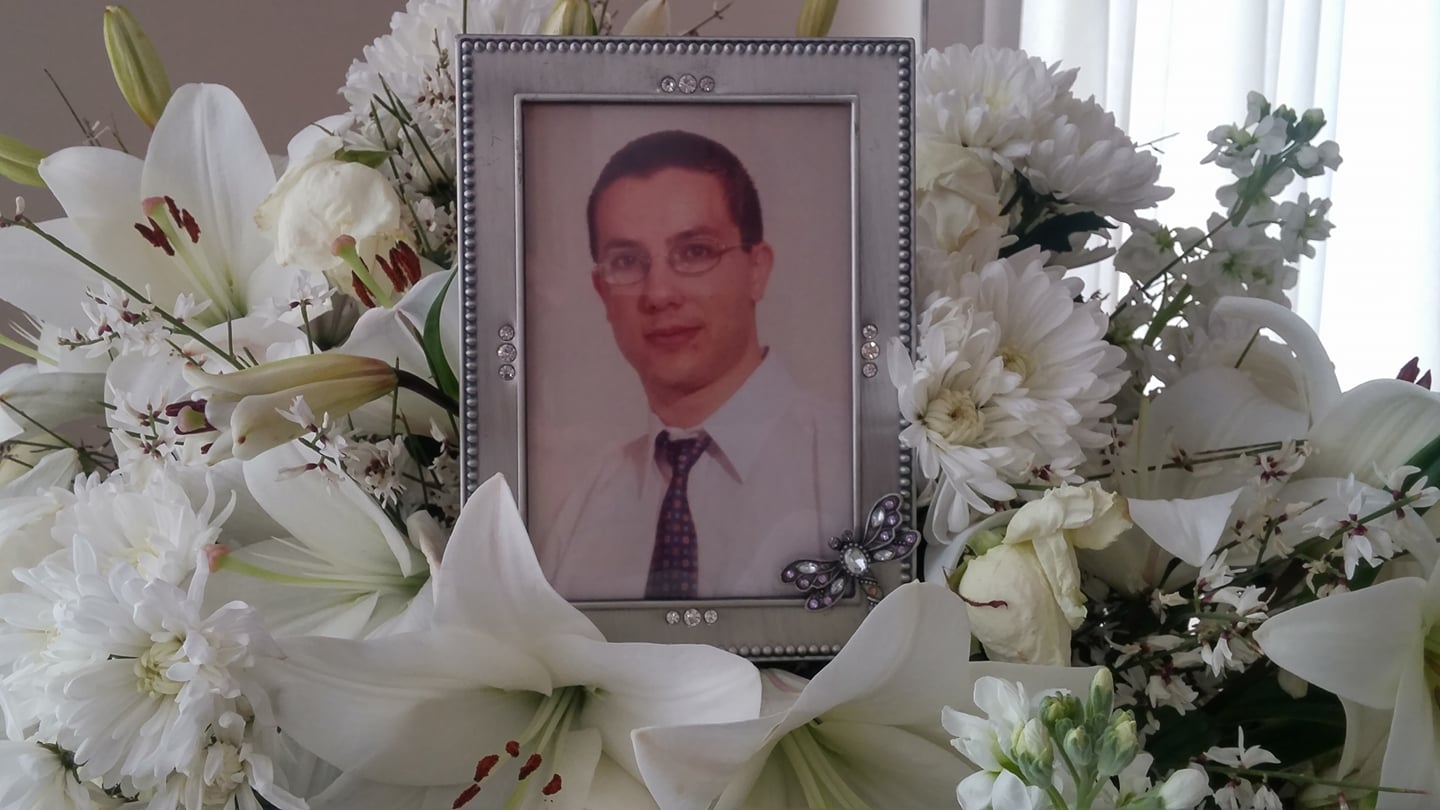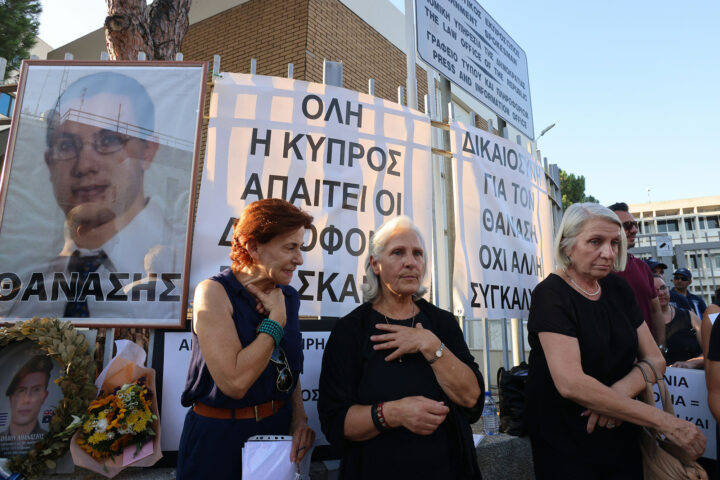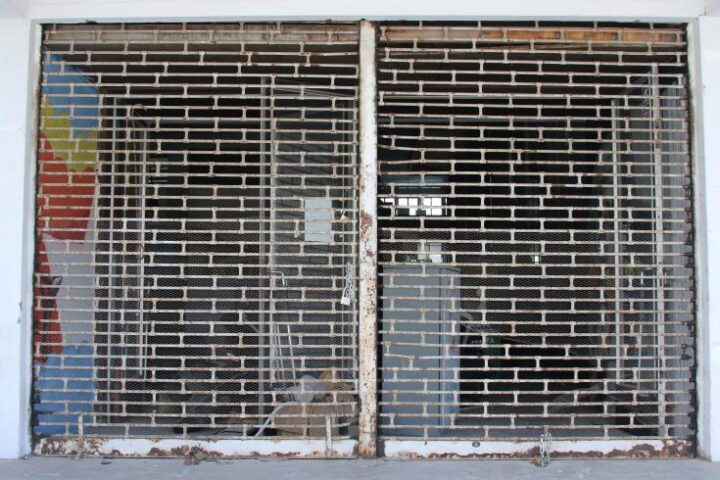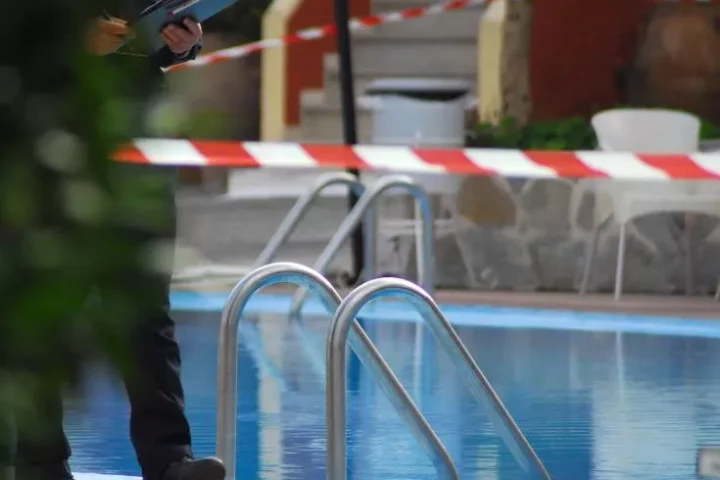Investigators tasked with probing the death of army conscript Thanasis Nicolaou, found under a Limassol bridge 17 years ago, believe there was a ‘sickening’ cover-up to make it look like suicide.
At an event held by the Association of Friends of Cyprus Police to honour Nicolaou’s parents, investigator Savvas Matsas said he was ‘sick to the stomach’ with inexcusable mistakes and omissions he discovered.
He argued that the murder case could be solved with a proper investigation, stressing there is evidence, even if mistakes and omissions had weakened the case.
Matsas and his colleague Antonis Alexopoulos looking into Nicolaou’s death, found that criminal acts were committed, proving the soldier did not commit suicide as initially believed.
Their findings into the circumstances leading to the death of Nicolaou were handed to the Attorney-general two weeks ago.
Matsas said that from his experience of 38 years in the Legal Service, he found these police officers did not perform their duties adequately and honestly.
“Fortunately, they are the sad minority. Unfortunately, those few who allow me to use heavy words have violated their oath to serve.
“I have never handled a case that, just by going through the evidence, has made me sick to the stomach and given migraines.
“So many deliberate mistakes, so many omissions, so many distorted facts. I have never encountered anything similar in my long career”.
With tears in her eyes, Nicolaou’s mother, Andriana, thanked the organisers of the event and the two criminal investigators, saying they vindicated her long struggle.
“I wanted to bring Thanasis back, to speak from the grave, because when I insisted that my child had been murdered, some people had been mocking me.
“I am still thinking of the life my child could have had and the bullying that he endured.”
The probe conducted by Matsas and Alexopoulos was the third investigation into the case, commissioned by the Attorney General following forensic evidence.
Coroners in Athens last year had examined the 26-year-old’s exhumed remains and separately concluded that Nicolaou had been strangled, as his hyoid bone, initially recorded as undamaged, was broken.
The case had reopened after Nicolaou’s mother relentlessly insisted that her son had not committed suicide, pointing instead to fellow army colleagues as having bullied him.
The soldier’s body was found under a bridge in Alassa, Limassol, in September 2005, about 12 kilometres from his home and barracks.
He was meant to report back to his unit after overnight leave.
At the time, authorities were convinced that Nicolaou had committed suicide, but police had not questioned all his fellow army comrades, despite the victim filing a report of being bullied.
In February last year, the European Court of Human Rights (ECHR) ruled that authorities had botched the investigation into Nicolaou’s death.










